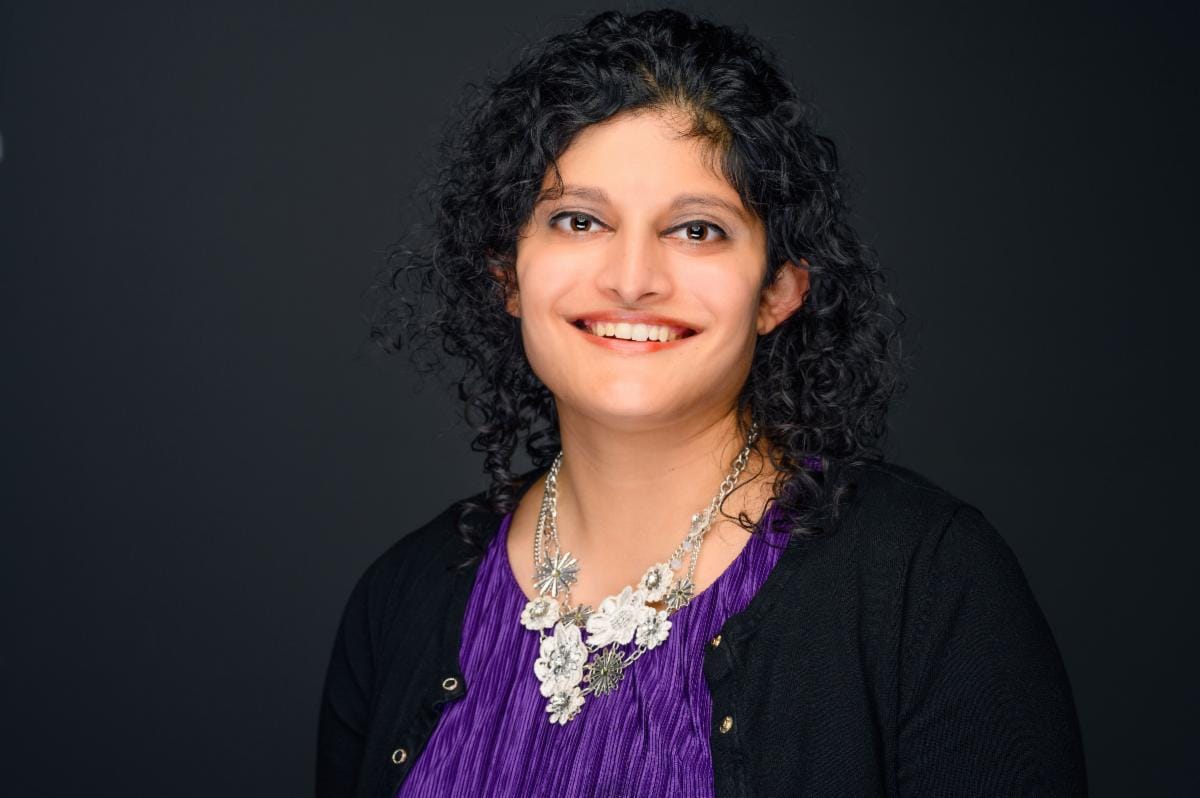The Transition to Adulthood with Autism: Transitions Talks with Priya
As graduation season approaches, I can’t help but think about the students leaving high school. What do young people need to know as they enter adulthood? I recently reflected on the advice I provide to Transitions students. The world is certainly very different today than it was when I graduated. Below is my advice for young adults graduating high school now.
- Plan ahead.
- Start considering options for work, college and independence while you’re still in high school. Just as one might visit colleges, visit work sites and programs that may help you with any supports or accommodations you need. Talk to people – speak with your physician, your guidance counsellor and teachers. If you plan to attend a college, Transitions program or similar, it is wise to consider financial options that may work for you.
- It’s okay to say no, disagree, have a different opinion or ask for what you need.
- Many people think that the key to success is always saying yes to your boss or never disagreeing with your professor. But in truth, it is okay to set boundaries and share your own thoughts. It’s important to speak up for supports or accommodations that you may need as well. If your environment (workplace, college, social setting, etc.) does not encourage you to do this in a respectful way, that is a sign of an unhealthy dynamic.
- Think long-term.
- When you come up with your plan of where you want to go to college or what you want to do for work, think about what you want your life to look like in the future. You don’t have to have a detailed plan about where you want to be five years from now, but you should have a general idea. What tasks would you enjoy doing in your career? If you are going to college, will your degree help you get there? Think about this in your relationships and friendships too. It is normal to have people who are not permanent in our lives, but it is also good to think about whether or not you can see them as a part of your life in the future. Invest time in relationships that you can see as a part of your future. Invest time into activities and skillsets that you can picture still doing or coming in handy in your future as well.
- It is okay to ask for help.
- Adulthood is a learning process. It is okay if you are still not perfect at all of the things adults are expected to do, such as paying bills, insurance, taxes or taking care of an apartment. If you are fortunate enough to have people in your life like your parents or others to help you learn these things, reach out to them. At Transitions, we call this process self-advocacy. Let them support you with this process. Give yourself time to learn these skills. Take it one step at a time. For example, if you don’t know how to cook, set a goal of learning to independently make just one dish that doesn’t involve a microwave. You do not have to have it all figured out. If you feel like you are the only one struggling, you are definitely not alone.
- Find a mentor.
- Seek out someone who has been down the path in life that you want to go on and try to learn from them. Is there someone whose career that you admire? Is there someone in a healthy relationship or marriage that you want to learn from? Get to know those people. Get to know their story.
- Prioritize your time and energy.
- Most people will say that they don’t have enough hours in the day. The more important question to ask is, what are your goals? What are the most important things to focus on currently to achieve those goals? Plan each of the steps over time. You don’t have to accomplish everything right away.
- Build on your strengths.
- Many people receive a message that says, “you can do anything you set your mind to.” While this sounds wonderful, it’s not necessarily rooted in reality. It is important to have a really good understanding of your strengths and the areas where you could improve, because we all have both. Develop goals based on your strengths. This could include personality traits, skills and talents.
These are just some of the things that I try to teach Transitions students. I wish all of the best to those who are graduating this year. I hope these lessons are helpful to you as you move on to the next phase of your life, whatever that may be.
To learn more about the supports that Transitions provides to post-high school students with autism or other learning differences – whether that be college, career or independence – contact us for a tour/more information: info@transitionsusa.org or call (518) 661-9932.

